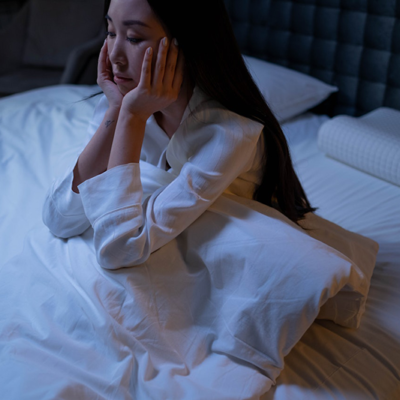Statistics indicate that almost 70 million Americans have a sleep disorder, with insomnia being the most common. 30% of adults…
Read More
3 Tips to Keep Your Teenage Son Active
Raising a teenager isn’t always simple. While they may have a lot more autonomy than in years gone by, their…
Read More
How to Find Your Vocation and Purpose in Life
A vocation is your favorite thing you do, which often helps other people. Scholars offer different definitions. But there is…
Read More
Why Senior Citizen Mediclaim is Critical These Days
Old age may bring with it numerous ailments and health conditions. You may need to secure enormous funds for such…
Read More
How to Take Care of Your Mental Health
Running low on energy seems like a more usual thing than ever. Chronic fatigue syndrome affects about one person out…
Read More
- 1
- 2
- 3
- …
- 10
- Next Page »




